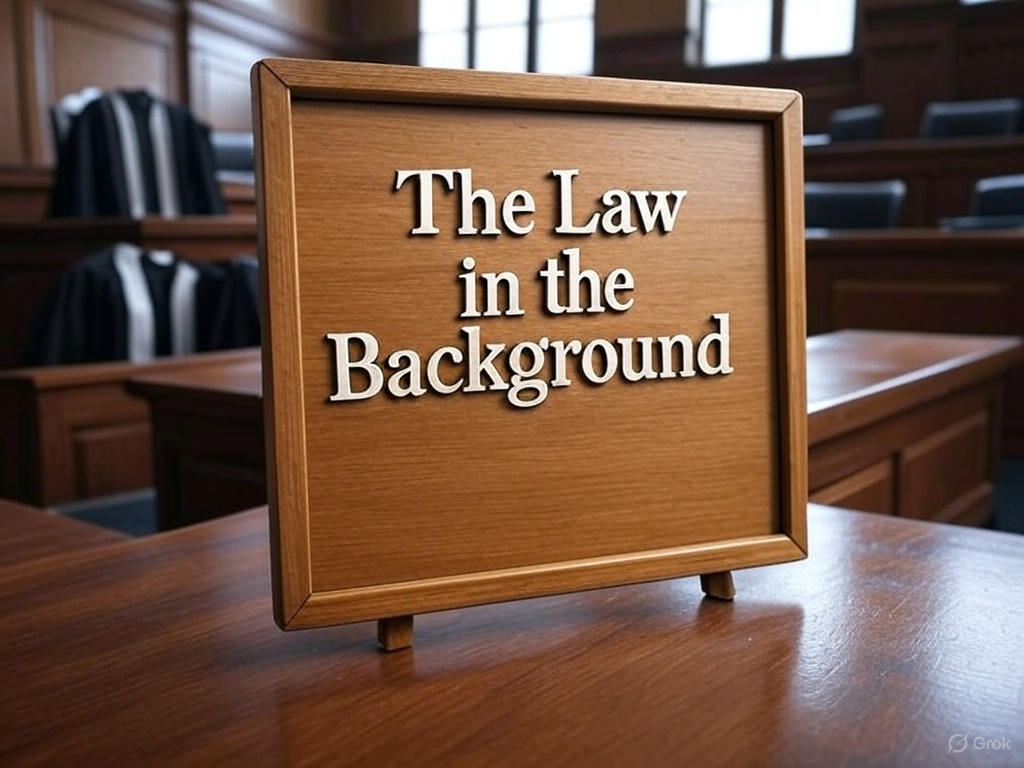Lie detector tests, commonly known as polygraph tests, have long been a tool used in various settings, from criminal investigations to workplace disputes and personal relationship issues. In the UK, the use of lie detector tests is growing, and with technological advancements, the future of lie detection is evolving rapidly. As these technologies advance, their applications are expected to expand beyond traditional uses, offering more accurate, efficient, and versatile methods for detecting deception.
In this article, we’ll explore the future of lie detector test uk, emerging trends, and new technologies that are shaping this field. We will also discuss how these changes may affect the reliability and accessibility of lie detector tests in the coming years.
The Current State of Lie Detector Testing in the UK
What Is a Lie Detector Test?
A lie detector test, or polygraph test, is a tool used to measure physiological responses such as heart rate, respiration, blood pressure, and skin conductivity. The idea behind the test is that when a person lies, these physical indicators show changes due to stress or anxiety caused by deception. The polygraph machine records these changes, and a trained examiner interprets the results to determine whether a person is likely being truthful or deceptive.
Popular Uses of Lie Detector Tests in the UK
In the UK, lie detector tests have been used in various contexts. While their use in the criminal justice system is somewhat limited, polygraphs have been used by police in some investigations, particularly in cases involving sexual offenses. Lie detector tests are also used in probation services to monitor convicted offenders.
Another growing application of lie detector tests in the UK is in the private sector. Employers may use polygraph tests to investigate internal theft, fraud, or workplace misconduct. Additionally, some couples seek the services of a lie detector test to resolve personal disputes or suspicions, such as issues of infidelity.
Limitations and Controversies
Despite their growing use, lie detector tests in the UK are not without controversy. Critics argue that polygraph tests are not always reliable, and their results can be influenced by various factors, such as the emotional state of the individual or their ability to control physiological responses. This has led to questions about the accuracy of lie detector tests and whether they should be used as definitive proof of deception.
Emerging Trends in Lie Detector Testing
1. Artificial Intelligence and Machine Learning
One of the most exciting trends in the future of lie detector test uk is the integration of artificial intelligence (AI) and machine learning. These technologies are being used to enhance the accuracy of polygraph tests by analyzing larger sets of data and identifying patterns that may indicate deception. AI can process more complex physiological data, allowing for more precise assessments of truthfulness.
In addition to improving the accuracy of polygraph results, AI-driven lie detection systems may also be able to eliminate some of the subjectivity involved in interpreting results. Human examiners can sometimes introduce bias into the process, but AI-based systems can make objective decisions based on the data, leading to more consistent outcomes.
2. Voice Stress Analysis
Voice stress analysis (VSA) is another emerging technology in the field of lie detection. Unlike traditional polygraph tests that rely on physiological responses such as heart rate and respiration, VSA measures changes in a person’s voice to detect stress that may indicate deception. This method is non-invasive and can be conducted remotely, making it a more convenient option in certain situations.
VSA is already being used in some sectors, such as law enforcement and insurance investigations, but its future potential in the UK is vast. With advancements in voice recognition technology and AI, VSA could become a widely used tool for detecting lies in a variety of contexts, from business negotiations to criminal investigations.
3. Brainwave-Based Lie Detection
While still in the early stages of development, brainwave-based lie detection is an area of growing interest among researchers. This method involves measuring brain activity to detect signs of deception. Studies have shown that specific brain patterns are associated with lying, and scientists are working on developing technologies that can accurately measure and interpret these patterns.
One of the most well-known techniques in this area is functional magnetic resonance imaging (fMRI), which is used to observe brain activity in real-time. While fMRI-based lie detection is not yet widely available, its potential applications in the future could revolutionize the way lie detector tests are conducted in the UK.
Brainwave-based lie detection is particularly appealing because it is less likely to be influenced by factors like nervousness or stress, which can sometimes affect traditional polygraph results. If this technology becomes more refined and accessible, it could provide a more accurate and reliable alternative to current lie detection methods.
4. Wearable Lie Detection Devices
Another trend shaping the future of lie detector tests is the development of wearable devices that can monitor physiological indicators of deception in real-time. These devices, such as smartwatches or fitness trackers, can track heart rate, skin conductivity, and other metrics to detect stress or anxiety. While not specifically designed for lie detection, these devices could be adapted to serve as portable lie detector tools.
The advantage of wearable devices is that they can provide continuous monitoring, allowing for lie detection in real-world settings without the need for a formal polygraph test. For example, employers could use wearable devices to monitor employees during high-stakes meetings or negotiations, potentially detecting signs of deception in real-time.
While wearable lie detection technology is still in its infancy, its potential for growth in the UK is significant. As these devices become more advanced and capable of tracking a wider range of physiological data, they could become a common tool for detecting deception in everyday life.
The Impact of Emerging Technologies on Lie Detector Testing in the UK
Increased Accuracy and Reliability
One of the most significant benefits of emerging lie detection technologies is the potential for increased accuracy and reliability. AI-driven systems, brainwave-based techniques, and wearable devices all have the potential to minimize the errors and inconsistencies that can occur with traditional polygraph tests. As these technologies become more refined, they may provide more accurate assessments of truthfulness, reducing the chances of false positives or false negatives.
Expanded Applications
As lie detector technology evolves, its applications are likely to expand beyond traditional uses. In the UK, this could mean broader adoption of lie detection tools in sectors such as law enforcement, business, and even personal relationships. For example, businesses may use AI-driven lie detection systems during interviews or negotiations to assess the honesty of potential employees or partners. Similarly, couples may use voice stress analysis or wearable devices to resolve trust issues in their relationships.
Ethical Considerations and Privacy Concerns
While the future of lie detector testing in the UK is promising, it also raises important ethical considerations. The use of advanced technologies such as brainwave-based lie detection or wearable devices to monitor physiological responses may raise concerns about privacy and consent. For instance, should individuals be required to submit to brain scans or wear devices that monitor their emotional state during high-stakes interactions?
There is also the potential for misuse of these technologies. If lie detector tools become widely accessible, there is a risk that they could be used inappropriately or without proper oversight. To address these concerns, it will be important for the UK government and regulatory bodies to establish clear guidelines and standards for the use of emerging lie detection technologies.
The Future of Lie Detector Test Regulation in the UK
As new technologies reshape the landscape of lie detector testing, it is likely that regulatory frameworks will need to evolve as well. Currently, the use of polygraph tests in the UK is subject to certain limitations, particularly in the criminal justice system. However, as AI, brainwave-based lie detection, and other technologies become more widely available, the government may need to consider new regulations to ensure that these tools are used responsibly and ethically.
For example, there may be a need for regulations that govern the use of wearable lie detection devices in the workplace or in personal relationships. Similarly, guidelines may be required to ensure that AI-driven systems are transparent and free from bias.
Conclusion
The future of lie detector testing in the UK is set to be shaped by exciting advancements in technology, from AI and machine learning to brainwave-based techniques and wearable devices. These emerging trends have the potential to make lie detection more accurate, efficient, and versatile, expanding its applications across various sectors. However, with these advancements come important ethical considerations and regulatory challenges that will need to be addressed to ensure that these tools are used responsibly.






